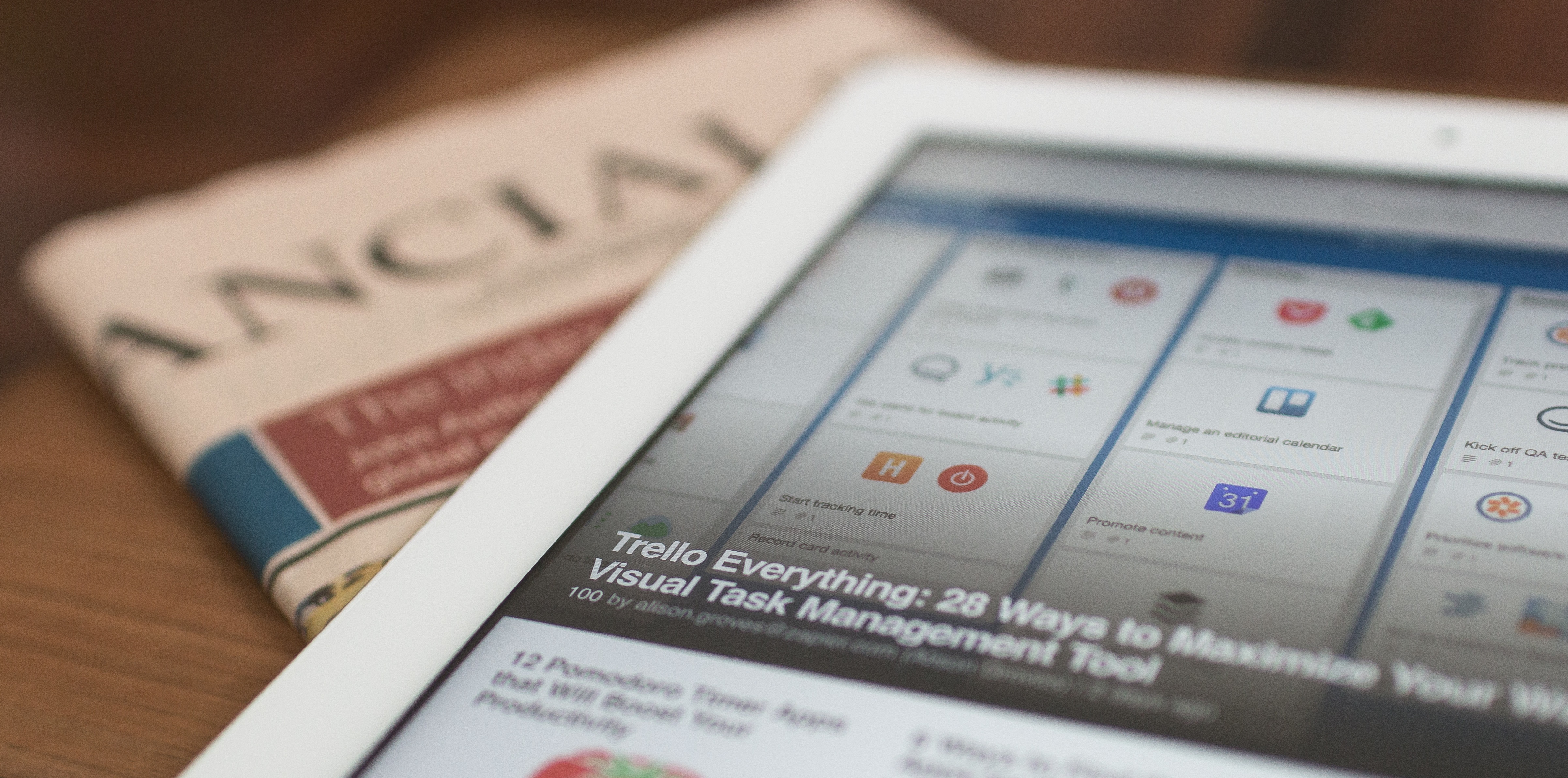How the Internet Age is Shaping Business and Human Rights

Now roughly in existence for three decades, the internet continues to be a wild west for human civilization. Countries all over the world are desperately trying to catch up to the ever evolving internet and the way it has fundamentally changed the way people connect to their government, to businesses and to each other.
The state’s approach to what information is made available, how freely individuals can express themselves, and the types of online business activities it allows are in some ways a direct reflection of its attitude towards the freedom and rights of its citizens.
In China, the Great Firewall has now replaced the Great Wall as the state tries to keep out outside forces and in the process restricting its citizens’ freedom. On the other end of the spectrum, unfettered access and expression on the internet brings its own set of troubles, with invasions of privacy and the unchecked spread of falsehoods doing as much to destroy lives as online banking and Khan Academy have improved them.
“The very technologies that can empower us to do great good can also be used to undermine us and do great harm,” said President Obama, in calling for greater collaboration between the government and the private sector to address online threats. But companies also have a responsibility towards users and consumers, which was most recently highlighted by the conflict between the Federal Bureau of Investigations and Apple as the latter was asked to unlock a phone used by one of the perpetrators of the 2015 San Bernardino terrorist attacks.
The internet is thus the new battleground for debates over state authority, business ethics, and individual rights. And by virtue of its global reach, it is the biggest platform for such a debate. Multinational companies can no longer get by on shiny advertising campaigns when their ground crew breaks someone’s guitar and 16 million people hear about it, or when overexploited workers start jumping out of buildings, or when phones start exploding. Governments are finding it harder than ever to suppress activism and hide unpleasant secrets. Not even Woody Harrelson has been spared the indignity.
The democratization of technology has arguably done more to empower individuals than at any other time in history since newspapers came into being. Aside from the schadenfreude, the more gratifying aspect of watching billion dollar companies and presidential candidates struggling to cope with the pushback and mockery that is just another day on the internet is how little space there now exists between the seller and the buyer, the governor and the governed.
And it is not all bad. Organisations and public figures who have adapted to this new reality have benefitted greatly in advancing their vision. Companies like Google and Netflix have raised their standing with users owing to their strong political stance on net neutrality. Politicians and organisations have found new ways to bypass powerful lobbies and connect with voters.
Despite its very real and often discomfiting impact on our lives, the internet is possibly one of the most powerful tools for advancing human rights in business and government. It has served to raise awareness of issues across borders, empowered individuals to drive change, and brought the world closer together than ever before. To that end, the UN’s June 2016 resolution for the “promotion, protection, and enjoyment of human rights on the internet” is a step in the right direction for this new age.